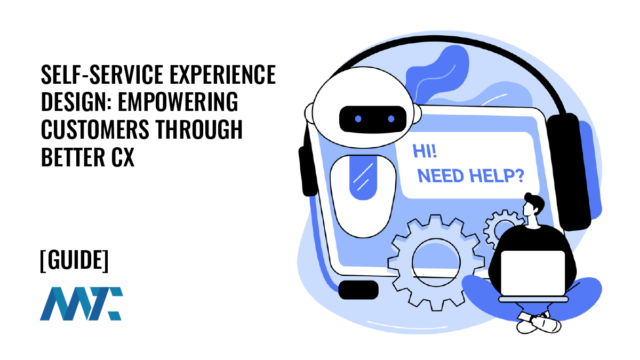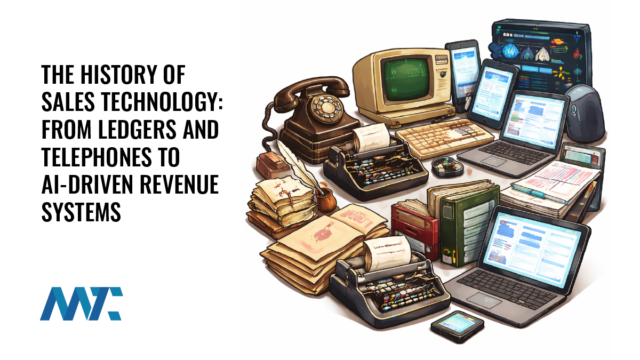The Perception of Effort Matters in Business

Because it “looks like you’re trying,” Seth writes.
A dear friend of mine is out of town meeting with an organization about a nice position with them. I argued, begged, and pleaded with him to wear a suit. It’s a position where a suit is appropriate and fully within the salary offered. I tried everything… no budge.
“I don’t do suits”, he says.
“You have to!”, I say.
“I asked and they said they all wear jeans”, he says.
“So what!?”, says I.
He didn’t wear a suit.
Business success is rarely just about raw talent, intelligence, or even luck. Often, the key difference between those who thrive and those who struggle comes down to perception—how others see your effort, commitment, and reliability. While real dedication matters, how you present that effort can make or break your reputation. People don’t always know how hard you’re working behind the scenes, but they can tell whether or not it looks like you care.
This is why wearing a suit to an interview, showing up on time, and maintaining regular communication aren’t just minor details—they’re essential markers of professionalism that influence how others judge your work ethic.
Why Perception of Effort Matters
People make snap judgments at every level of business based on what they see. Whether a hiring manager decides between candidates, a client chooses a service provider, or a boss evaluates an employee’s contributions, the appearance of effort plays a crucial role.
- People Trust Those Who Appear Committed: If you consistently show up looking prepared, engaged, and willing to put in the work, people assume you are reliable. The opposite is true—if you appear disinterested, disorganized, or inconsistent, others will think you don’t care, even if you’re working hard behind the scenes.
- The Bare Minimum Looks Worse Than No Effort at All: In business, people expect setbacks, challenges, and occasional mistakes. What frustrates them most is when it seems someone isn’t trying. If a project is delayed but you regularly update stakeholders, ask for feedback, and show urgency, people are far more forgiving than if you disappear and only respond when pushed.
- Effort Signals Respect: Dressing well for an interview isn’t about vanity but showing respect for the opportunity. Responding to emails quickly, arriving on time, and maintaining a professional attitude all convey that you value the other person’s time and expectations. This fosters trust and stronger professional relationships.
The Small Things That Make a Big Difference
Effort doesn’t always mean working harder; sometimes, it’s about being strategic in how your work is perceived. Here are some simple but effective ways to make sure people see you as a committed professional:
- Dressing for the Occasion: First impressions are powerful, and your appearance is one of the easiest ways to communicate effort. Wearing a suit to an interview or dressing appropriately for a business meeting isn’t about overdressing—it’s about showing that you take the opportunity seriously. Even in casual work environments, looking put-together signals professionalism.
- Showing Up on Time (or Early): Punctuality is one of the simplest ways to demonstrate reliability. Arriving late to meetings, missing deadlines, or failing to check in when expected makes it seem like you don’t care. Conversely, being on time—or better yet, early—shows enthusiasm and respect.
- Regular and Proactive Communication: Silence can be misinterpreted as disengagement. Whether you’re working with a client, a manager, or a team, keeping people informed about progress—even when things aren’t going well—demonstrates accountability. A quick update: even if it’s just I’m still working on this, I’ll have an update by Friday, which shows that you’re actively engaged.
- Following Up and Following Through: One of the easiest ways to stand out in business is to do what you say you’ll do. Many professionals fail not because they lack ability but because they don’t follow through on commitments. Sending a follow-up email after a meeting, confirming the next steps, and delivering on promises—even small ones—makes you appear dependable.
- Displaying Enthusiasm and Energy: People naturally gravitate toward those who seem passionate about their work. Even if you’re not the most skilled person in the room, displaying enthusiasm through active listening, asking thoughtful questions, and engaging in discussions can significantly change how you’re perceived.
Effort is Contagious
One of the often-overlooked benefits of appearing like you’re trying is that it sets a standard for others. When people see someone consistently putting in effort, they are likelier to do the same. In leadership roles, your attitude and approach significantly influence the culture around you. A manager who is engaged and present encourages their team to follow suit, while one who seems indifferent or disengaged fosters a culture of mediocrity.
The Reputation Factor
Business is unpredictable, and setbacks are inevitable. However, the difference between those who earn respect and opportunities and those who struggle often comes down to how they are perceived. The reality is that effort alone isn’t always enough—others must see it.
By dressing appropriately, showing up on time, communicating regularly, and maintaining a visible commitment to your work, you create a reputation as dependable, engaged, and worth working with. And in a competitive business world, that perception often makes the difference between success and failure.







